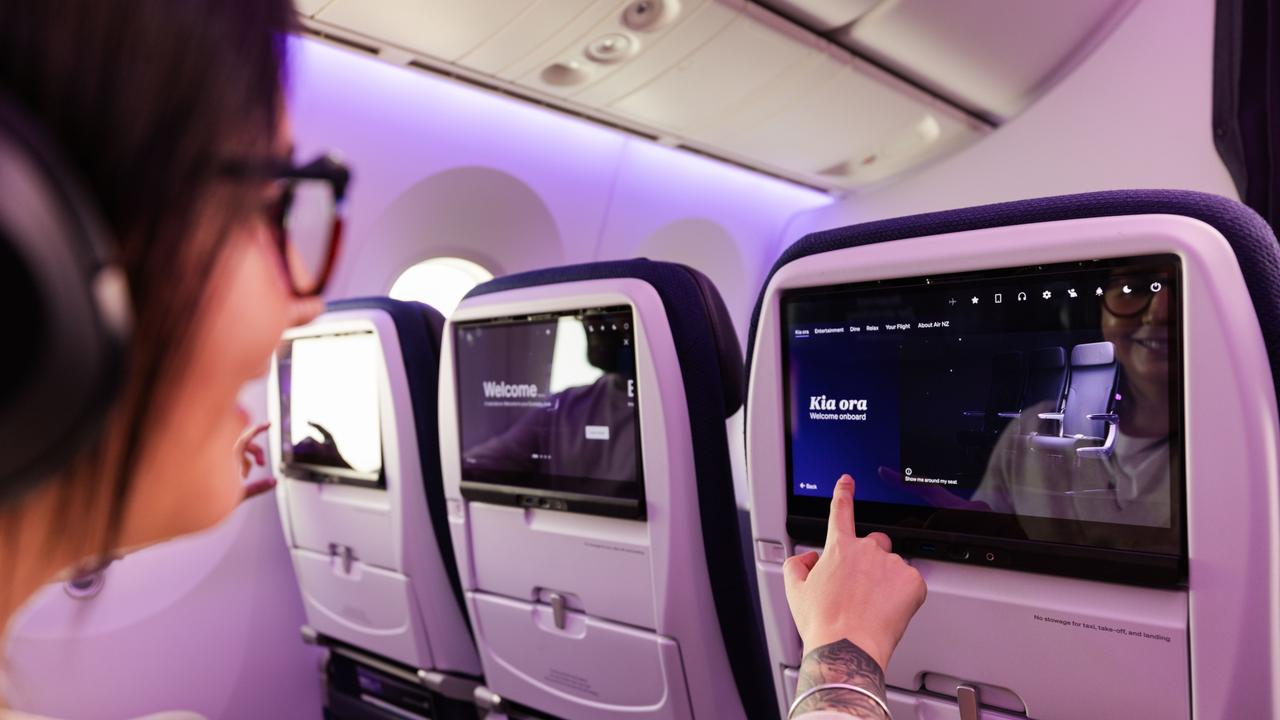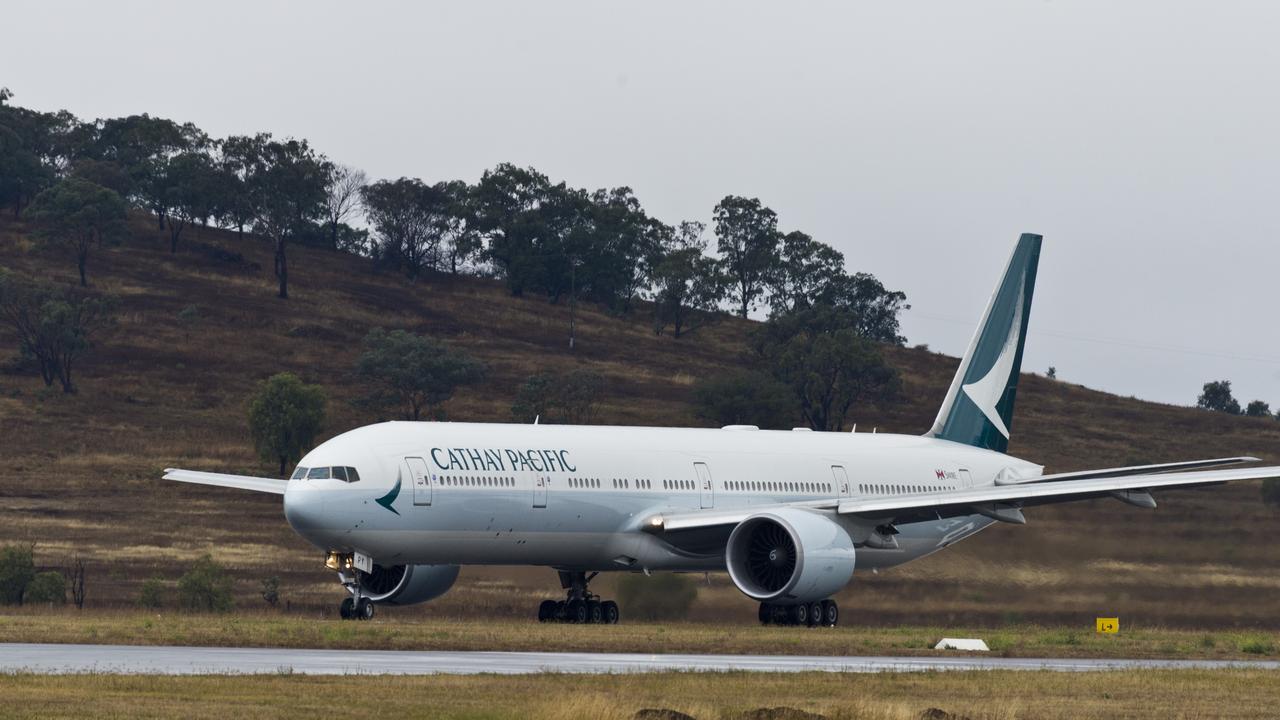Blasted by water guns: Australian tourists in Spain warned
Tourists are being forced to run for cover as enraged locals armed with water pistols target them. This is why it’s happening and how you could end up in the firing line.

Travel
Don't miss out on the headlines from Travel. Followed categories will be added to My News.
Images and videos of tourists being squirted with water guns throughout the popular Spanish destination of Barcelona have gone viral around the world in recent days.
You could be forgiven if you mistook the footage for a local festival - after all, Spain does host some crazy events. It’s home to La Tomatina, the widely-known tomato-throwing festival in Valencia, and the running of the bulls in the northern city of Pamplona where thousands of daredevils sprint for their lives through narrow streets to avoid being gored to death.
But, last weekend’s antics in Barcelona were not part of some great, big party.
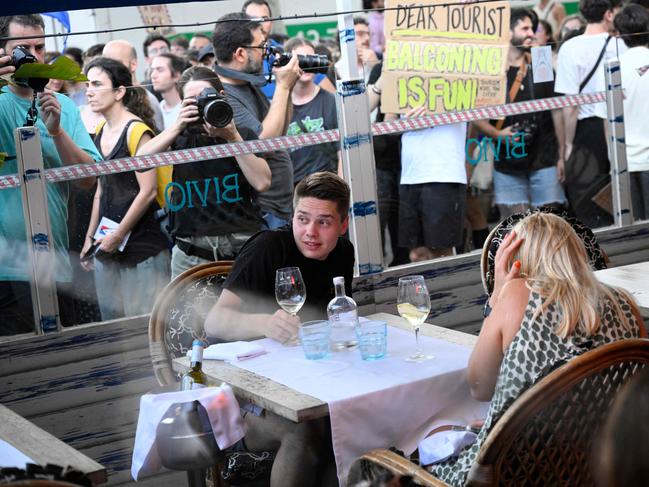
Thousands of protesters marched through Barcelona on Saturday July 6 blaming mass tourism for the soaring cost of housing and rent in Spain’s most visited city.
Tourists casually dining in restaurants in the popular La Barceloneta neighbourhood were one moment sipping their chilled rioja and then running for cover the next as demonstrators squirted them with water guns.
Footage all over social media showed tourists quickly grabbing their belongings and dashing inside restaurants from the outdoor terraces as protesters targeted them with jets of water.
Huge crowds of people could be heard chanting slogans such as “go home” as a destination that has always welcomed tourists suddenly became hostile towards the very people who contribute to its glowing reputation.
Although not as hostile, similar protests have also occurred in the Canary Islands and Malaga. Some 10,000 people marched against mass-tourism in the Canary Islands in May, while protests in the port city of Malaga in Spain’s south drew 15,000 people in June.
WHAT ARE SPAIN’S TOURISM PROTESTS ABOUT?
Demonstrators are demanding a reduction to the number of tourists visiting these destinations as rising tourist apartments contribute to a lack of rental options and exorbitant living costs for locals.
The first five months of 2024 alone saw more than 33 million tourists visit the country, 13.6% more than last year, according to Spain’s national statistics office.
In the south of Spain, locals are also increasingly concerned over tourism’s impact on water resources.
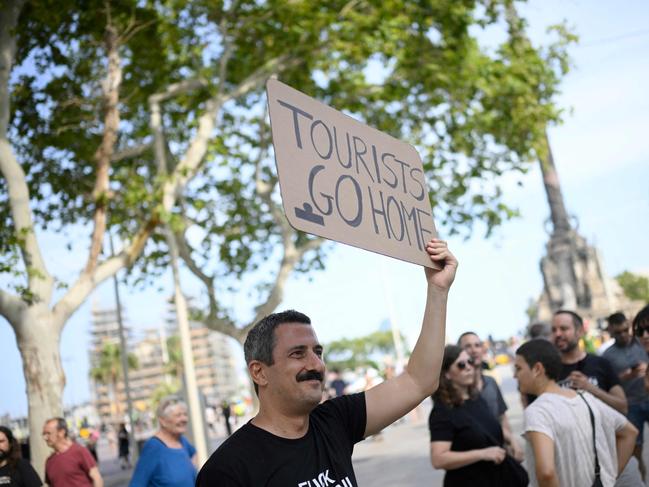
At the start of 2024, the southern Spanish region of Andalusia was on track for a summer of severe water restrictions, but was spared with two heavy bouts of rain in March.
Before then, residents living along the Costa del Sol - one of Spain’s most visited stretches of coast - were living under strict measures such as nighttime water cuts between midnight and 6am and usage limits per household of just 160 litres a day.
Australian Hayden Colledge has lived in Barcelona for 16 years and speaks fluent Spanish and Catalan, but said there was a “huge amount” of xenophobia in the city at the moment.
“It’s disgraceful. Tourists where only tourists go such as Barcelona’s La Rambla are being targeted by the water pistols every day,” he said.
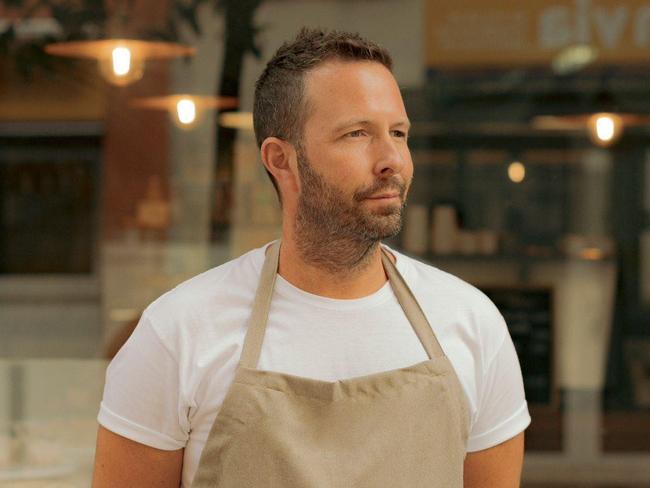
The 45-year-old who has been running The Cake Man Bakery in Poblenou, to the east of the city’s centre, said prices of apartments have skyrocketed, but not only tourists are to blame.
“It’s the digital nomads as well who are coming here earning money from northern Europe and getting paid a lot more and can pay the prices,” the Melburnian said.
“My rent went up 300 euros this years for no reason. The market price is being driven up because there are all these touristic apartments being rented out - my apartment could easily go for 2,000 euros a week and it’s not even a proper one-bedroom.”

James Blick, a New Zealand-born expat who founded Spain Revealed and helps people move to the country also said it was wrong to blame tourists for the current housing crisis.
“The statistic I read is that Spain needs 600,000 more houses by 2025 and obviously 10,000 airbnbs is a contributor and would help if those turned into long-term accommodation but its not going to completely solve the crisis,” he said.
“My concern is that politicians leverage discontent with tourism accommodation to crack down on Airbnb, and then they do that rightly or wrongly, but there’s still a housing crisis in this country.
“The concerns of many Spaniards go beyond just housing. There’s concerns of the way mass tourism - if its not well regulated - interrupts people’s daily lives, invades their traditional spaces and changes the character of those spaces.”
Blick pointed out an example such as the long-standing tradition of nudism at some of Catalonia’s nudist beaches - a popular place in Spain to go for liberalists.
“Now nudists feel uncomfortable being nude at the beach because there are tourists there who are clothed or might gawk at them making them feel uncomfortable - so these protests aren’t just about housing,” he said.
HOW WILL THIS CHANGE TRAVELLING TO SPAIN?
Barcelona is starting to take action, with the city announcing plans to phase out all short-term holiday lets by 2028.
Tourism apartment owners have criticised the proposal, while Spain’s Constitutional Court is deliberating whether the move is even legal.
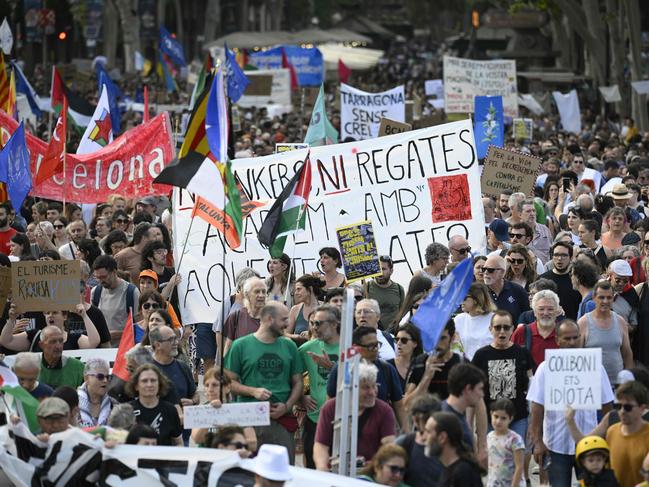
Meanwhile, in the south, Cadiz city council approved a ban of holiday homes in the historic part of its city centre.
This followed Malaga’s shock move to ban all properties with no independent access from becoming a holiday rental.
Blick said recent protests and changes to tourism accommodation regulations could cause hotel prices to increase. “In Barcelona, the tourism vacation rental organisation that represents owners said 40% of tourist beds in the city are in holiday rentals - that’s a huge chunk so less supply would drive up prices,” he said.
“There’s a risk Barcelona will end up as a place where people who can afford to go will visit and that would be a shame.”
Blick also said family tourism could be impacted the most as many of them prefer larger properties to stay at on their holidays.
“Airbnbs are cheaper than say aparthotels. Families don’t want to stay in hotels and there may not be enough aparthotels around,” he added.
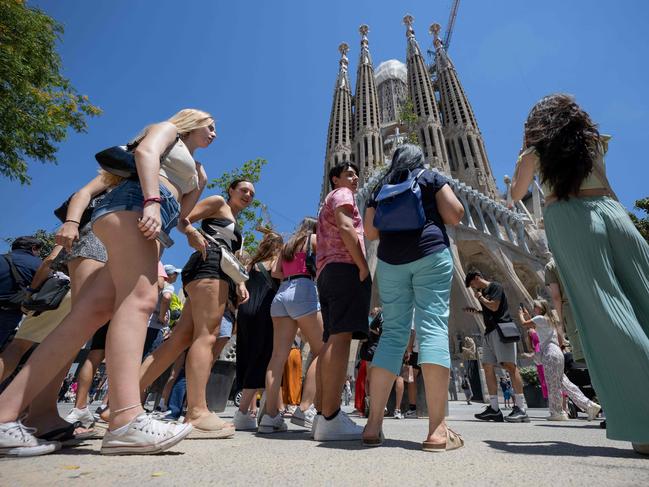
I’M TRAVELLING TO BARCELONA, WHAT SHOULD I DO?
If you’re strolling along the city’s popular La Rambla then expect to see some action, if not get soaked yourself.
Walk through the area with caution, and it would be best not to dine in the area for now following last weekend’s shenanigans where innocent diners were sprayed while eating paella.
La Rambla is one of Barcelona’s main thoroughfares and one of the most visited areas in the city.
The 1.3km artery connects Plaça de Catalunya with the city’s old port and is always packed with tourists, locals and street artists, so it’s definitely a red zone.
I’M A FOREIGNER MOVING TO BARCELONA: AM I SAFE?
“I know from tourists I speak to they’re wondering how widespread this is, is it safe,” Blick said.
One Asian woman wrote to Blick concerned after viewing the footage of the water pistols, as she was considering a move to Barcelona from Madrid.
“She was saying she was of Asian descent and now felt uncomfortable moving to Barcelona. It’s probably an over-reaction but if you don’t know the context then it’s understandable.
“It might be normal now for tour guides to educate their guests on what the real situation is, if you’re going to take people to an area where they feel a bit uncomfortable and they get dirty looks then you would reroute that tour. Maybe, it is good to be honest about the situation: this is what’s happening and why.”
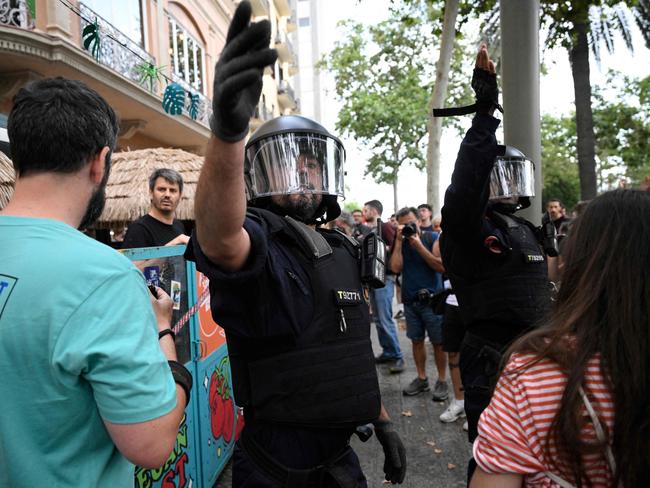
GOVERNMENT’S ADVICE FOR AUSSIES TRAVELLING TO SPAIN
As of July 12, smarttraveller.gov.au said to exercise normal safety precautions in Spain.
The government agency warned tourists to “avoid unrest”.
“Demonstrations and strikes can occur and cause disruption. Sometimes, protesters clash with police,” it said.



